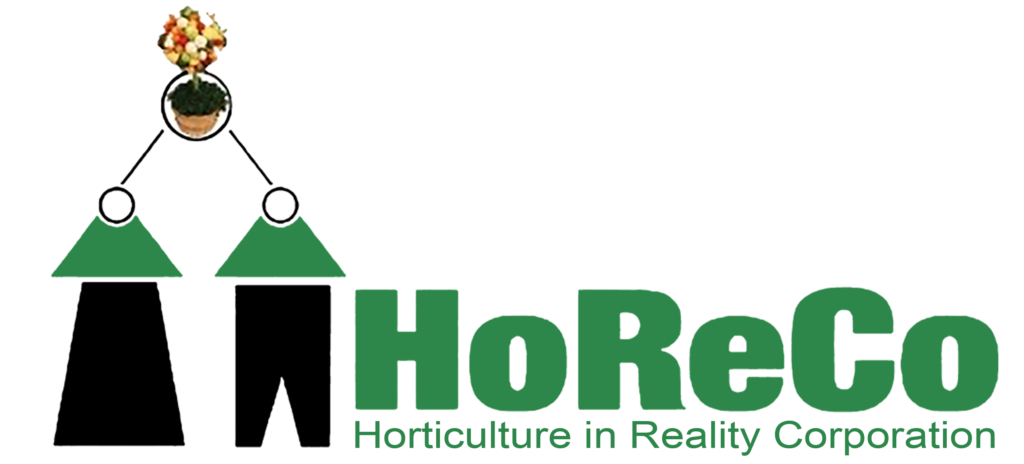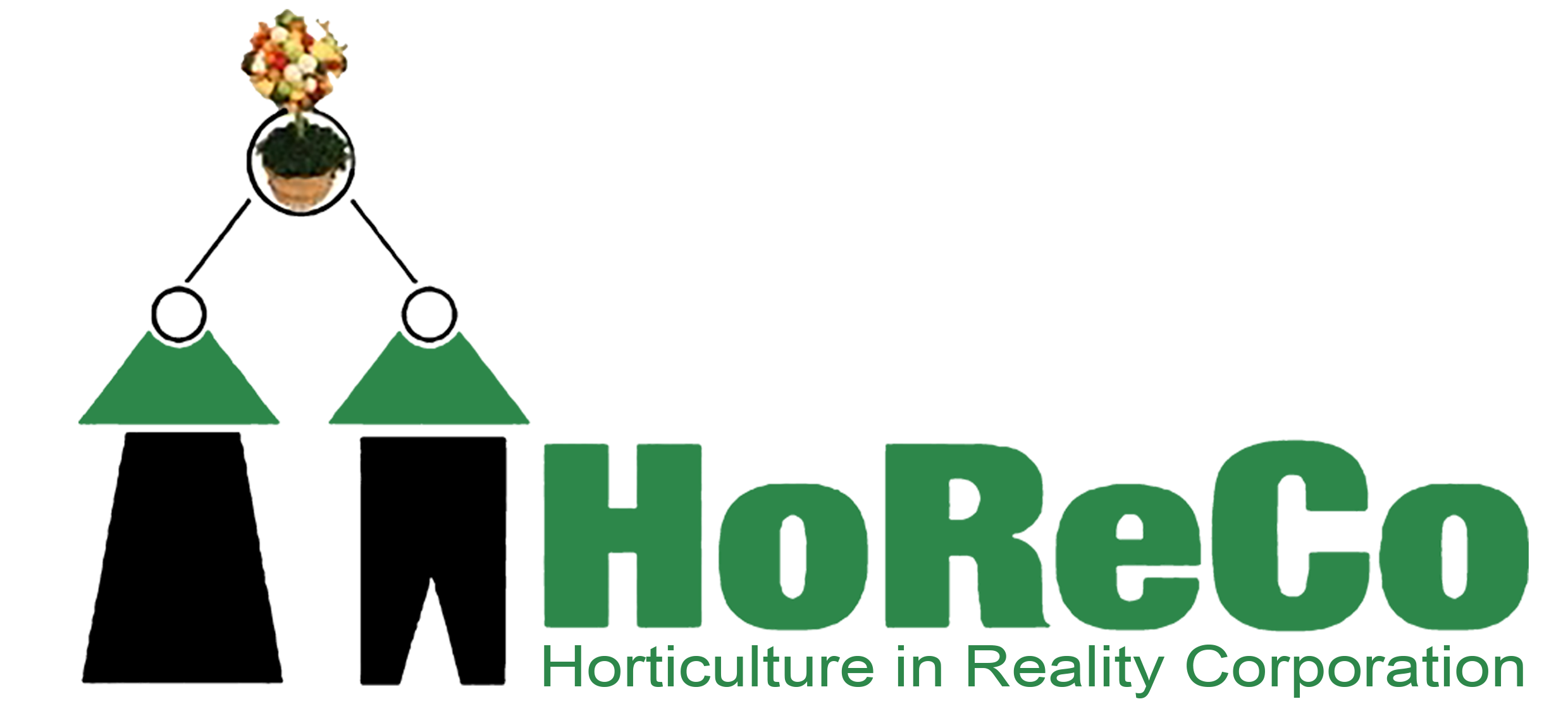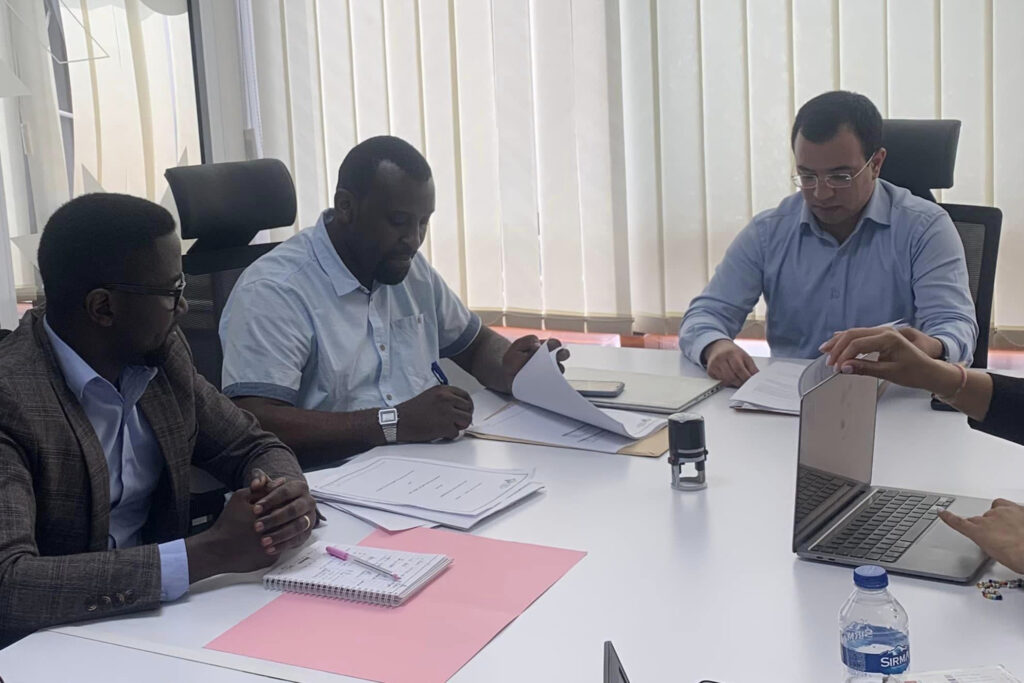Agriculture forms the backbone of Rwanda’s economy, employing a significant portion of the population and contributing to the country’s food security and economic growth. In an effort to enhance the productivity and income of smallholder farmers, HoReCo, in partnership with Rwanda Fertiliser Company Ltd (RFC), a subsidiary of the Moroccan public-private company OCP, has embarked on an ambitious project called the OCP School Lab Project. This initiative aims to provide essential agri-services and soil testing to 30,000 smallholder farmers across 14 districts in Rwanda. Let’s delve into the details of this groundbreaking project and its potential impact on the agricultural sector.
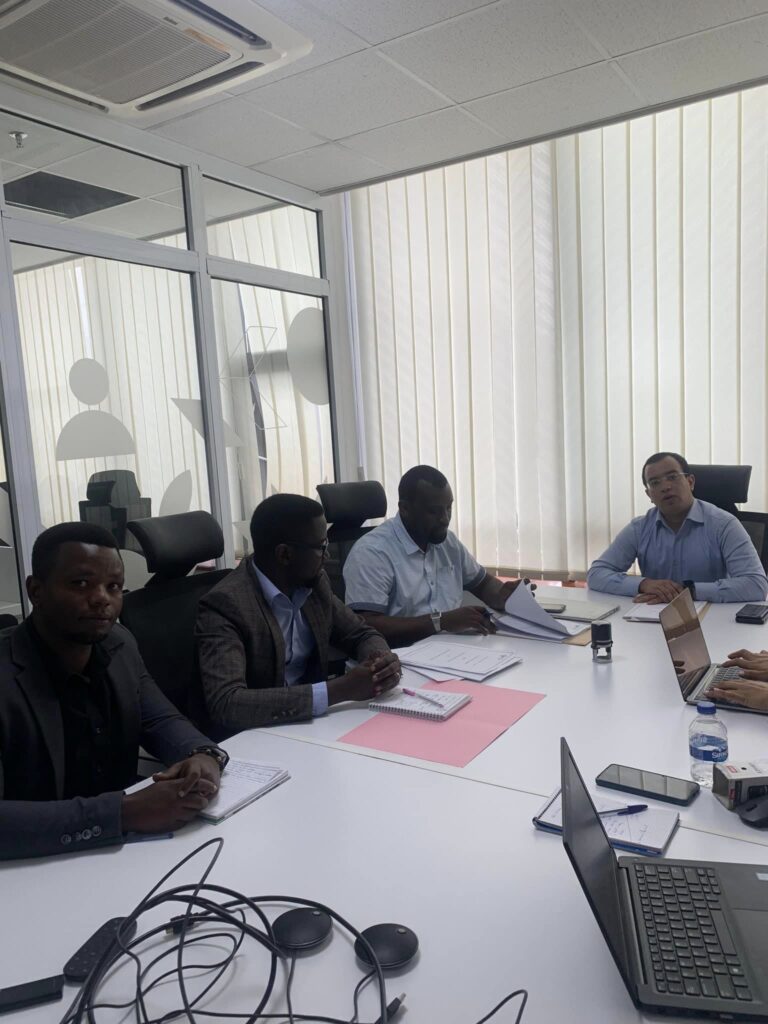
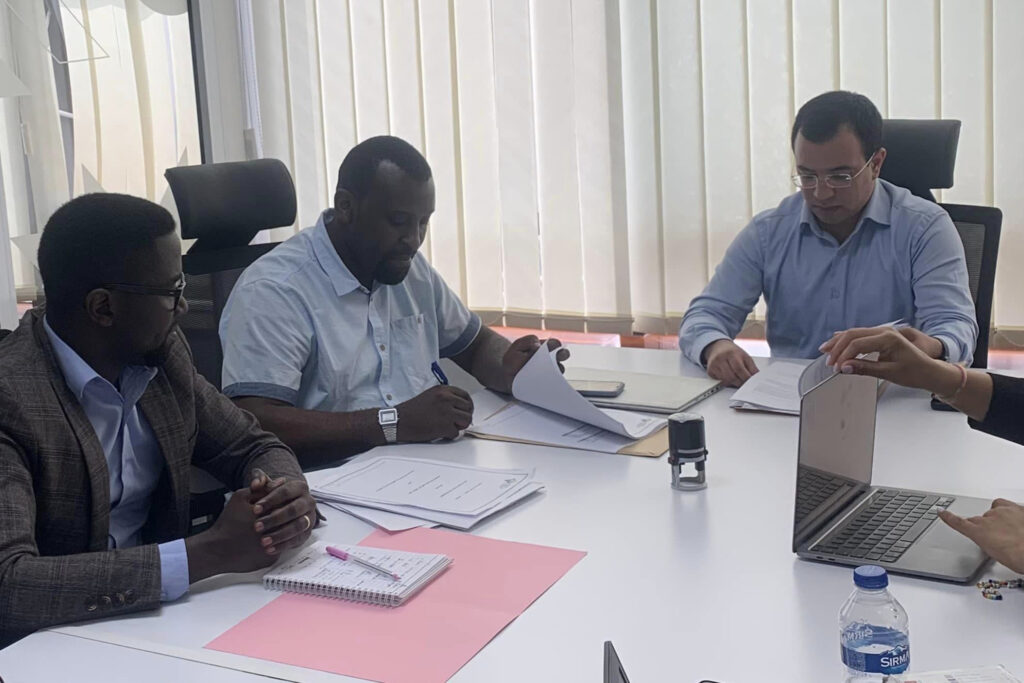
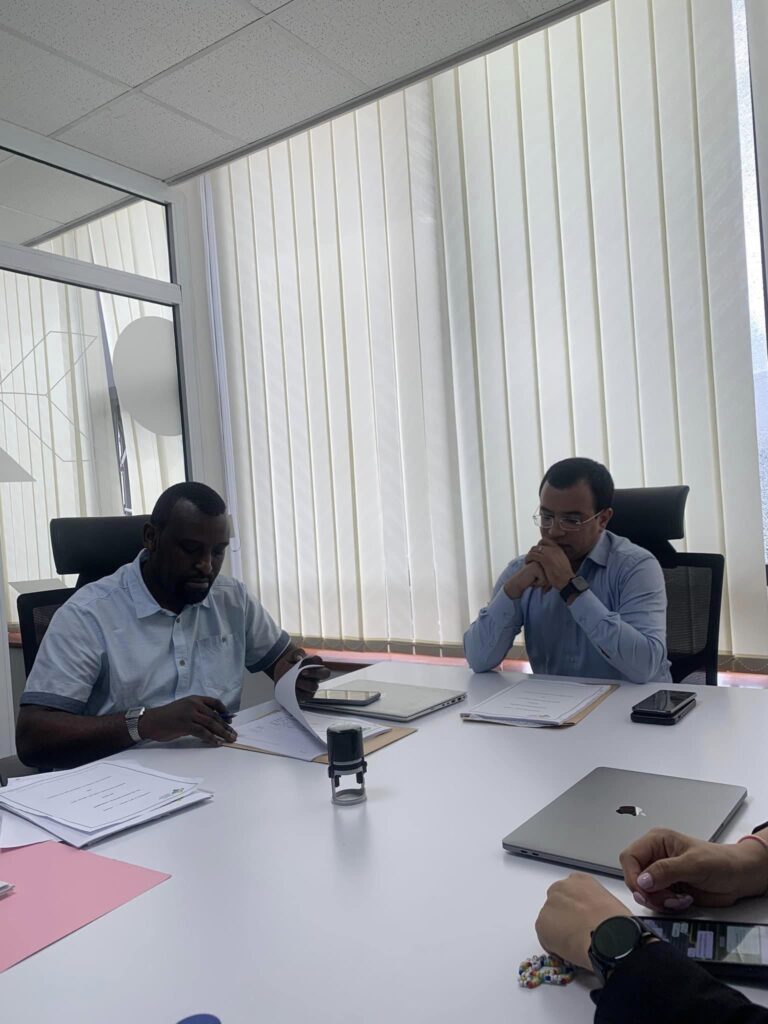
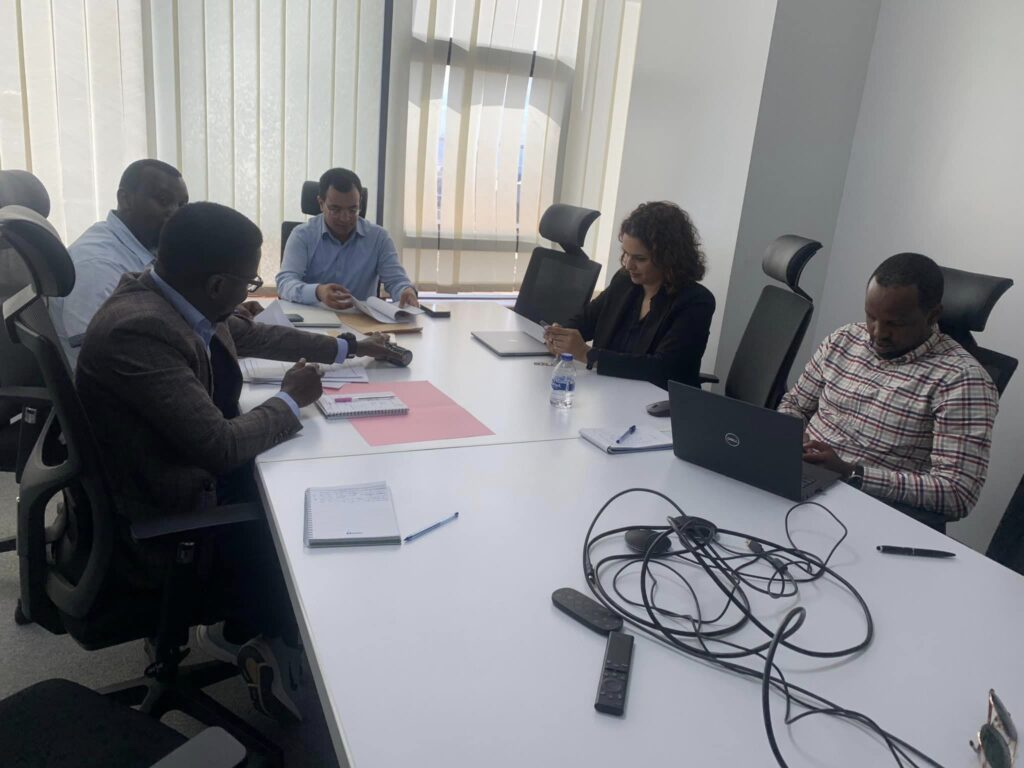
Enhancing Yield and Income:
The primary objective of the OCP School Lab Project is to increase the yield and income of smallholder farmers by equipping them with the necessary tools, knowledge, and resources. Through this partnership, HoReCo and RFC will establish School Labs in rural areas, where farmers will have access to comprehensive agri-services and soil testing facilities.
Agri-Services and Soil Testing:
The School Labs will serve as centers of agricultural excellence, offering a wide range of services to smallholder farmers. These services include crop advisory services, farmer training programs, access to high-quality seeds and fertilizers, and modern agricultural techniques. By providing farmers with the necessary knowledge and tools, the project aims to improve farming practices, enhance crop yields, and increase the quality of agricultural produce.
One of the key components of the project is soil testing. Soil health plays a critical role in determining crop productivity. Through advanced soil testing methods, smallholder farmers will receive accurate information about the nutrient composition and pH levels of their soil. This data will enable them to make informed decisions regarding fertilizer application and soil management practices, leading to improved crop yields and reduced costs.
Empowering Smallholder Farmers:
The OCP School Lab Project is designed to empower smallholder farmers by equipping them with the necessary resources and knowledge to overcome challenges and enhance their agricultural practices. By providing access to modern agri-services and soil testing, farmers will be able to optimize their farming techniques, minimize crop losses, and improve the overall quality of their produce.
Furthermore, the project aims to foster a sense of community among smallholder farmers by encouraging knowledge-sharing and collaboration. The School Labs will serve as meeting points for farmers, where they can exchange experiences, learn from one another, and collectively work towards sustainable agriculture.
Sustainable Agricultural Practices:
In line with Rwanda’s commitment to sustainable development, the OCP School Lab Project promotes environmentally friendly agricultural practices. By offering training programs on sustainable farming techniques, soil conservation, and integrated pest management, the project emphasizes the importance of preserving natural resources and promoting ecological balance. Through the adoption of sustainable practices, smallholder farmers can enhance their resilience to climate change, reduce environmental impact, and contribute to the long-term sustainability of agriculture in Rwanda.
The OCP School Lab Project, a joint venture between HoReCo and RFC, holds immense promise for the smallholder farming community in Rwanda. By providing agri-services and soil testing facilities, this initiative aims to empower farmers, increase their crop yields, and improve their income. Moreover, by promoting sustainable farming practices, the project aligns with Rwanda’s vision of a greener and more prosperous agricultural sector. As we move forward, it is crucial to support and amplify such initiatives that prioritize the welfare and success of smallholder farmers, contributing to the overall development and growth of Rwanda’s agricultural landscape.
